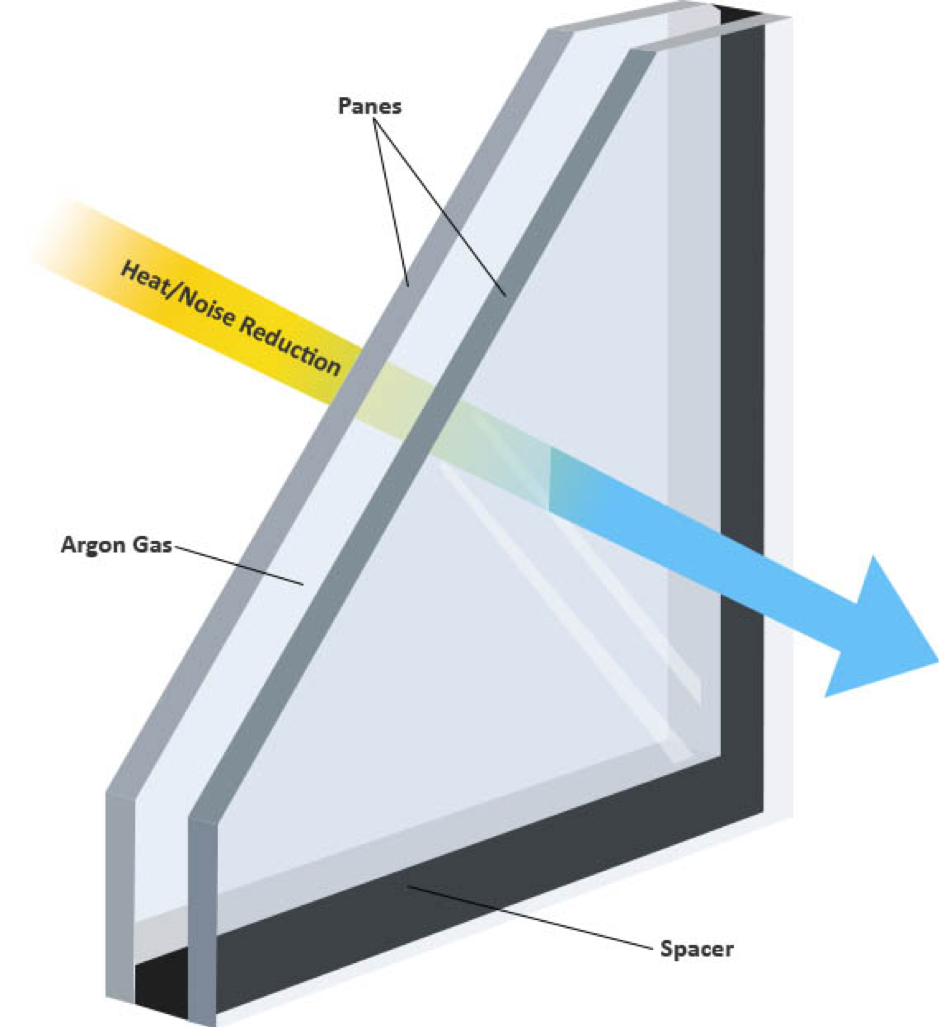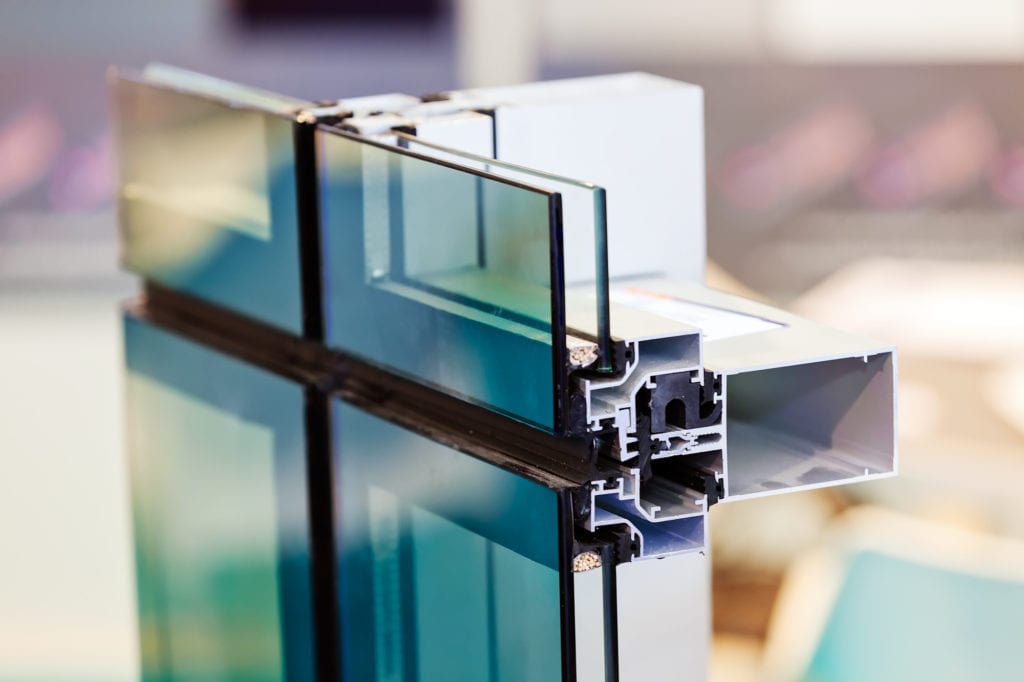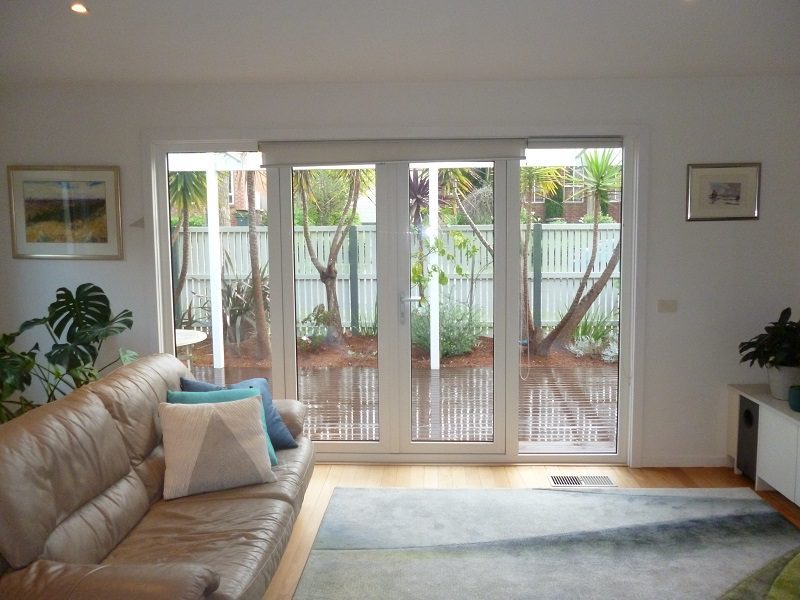All Categories
Featured
Table of Contents
Guide To Double Glazing – Functional And Energy Efficient in High Wycombe Perth
Laminated glass is often utilized in areas in the house most prone to injury from human impact such as bathrooms, doors, around staircases and in locations near the floor (it meets the requirements of 'safety glass' that is mandated for use in these areas by Australian Standard AS 1288 Glass in buildings).
Toughened glass has been 'tempered' by being reheated and rapidly cooled again. This process makes it much more powerful than basic glass it can withstand higher effect loads before breaking. It likewise makes it much safer since, when it does shatter, it gets into lots of little cubic pieces instead of dangerous shards.
What Is The Best Glazing For My Home? - Part 2 in Pickering Brook Western Australia
However, toughened glass has no thermal or acoustic benefits over other glass of the same toning or density. Secondary glazing is where single-glazed windows are retrofitted with a transparent acrylic or glass sheet connected to the inside of the frame or openable sash with a secondary frame or with magnetic strips.


Secondary glazing will not perform also thermally as a made IGU, given that it is impossible to completely seal the boundary, but it can supply great noise control. Window films are a thin polymer film containing a soaking up dye or reflective metal layer, with an adhesive support. They stay with your glazing to change its colour or make it reflective.
Buy Double Glazed Upvc Sliding Doors In Sydney in Mahogany Creek Perth
Applied to existing glass, some window movies can cut in half the overall SHGC of the window by taking in and/or reflecting solar radiation. This can be especially beneficial in hotter climates where cooling is the primary concern, or on east and west elevations directly exposed to extended periods of sunshine. Window movies may likewise decrease visible light transmittance.

For this reason, it is generally best to utilize an accredited installer of window movie. Frames have a significant effect on the thermal efficiency of windows and doors, due to the fact that energy can be acquired and lost through the frame, along with through the glass. Different kinds of frame will permit different levels of heat gain and loss, so careful option of frame is crucial for effective passive style.
Keep Cool This Summer Without Overusing Your Aircon. in Yanchep Perth
Aluminium is likewise a very great conductor of heat and will reduce the insulating worth of a glazing system, unless particularly crafted to reduce this. A 'thermally broken' frame is made up of 2 aluminium areas connected by a structural insulator (normally a low-conductivity structural polymer). This 'breaks' the thermal connection through the aluminium and lowers the heat flowing through the frame.
Timber frames are an excellent natural insulator that can suit some home styles. Timber frames must be made from species that have naturally high durability or be treated to prevent decay and contortion.
Double Glazed Windows Sydney in Waikiki Western Australia
Nevertheless, this can result in gaps that permit air infiltration unless good draught sealing (weather condition stripping) is set up. u, PVC is a type of plastic (unplasticised polyvinyl chloride, also called stiff PVC). u, PVC frames supply outstanding thermal efficiency, often much better than lumber or thermally damaged aluminium. u, PVC is long enduring and needs very little maintenance, and can be moulded into complex profiles that provide excellent air seals.
u, PVC windows and doors have outstanding thermal performance Picture: Ben Wrigley (Light Home Architecture and Science) Composite frames utilize aluminium profiles on the outer areas with either a wood or u, PVC inner section. These integrate the low maintenance and durability of aluminium with much enhanced thermal efficiency.
Table of Contents
Latest Posts
Triple Glazing Vs. Double Glazing: What Are The Differences? in Willetton Western Australia
Help Control Your House Temperature With Double Glazing ... in Martin Western Australia
How To Diagnose And Fix Misted Double Glazing in Hovea Perth
More
Latest Posts
Triple Glazing Vs. Double Glazing: What Are The Differences? in Willetton Western Australia
Help Control Your House Temperature With Double Glazing ... in Martin Western Australia
How To Diagnose And Fix Misted Double Glazing in Hovea Perth